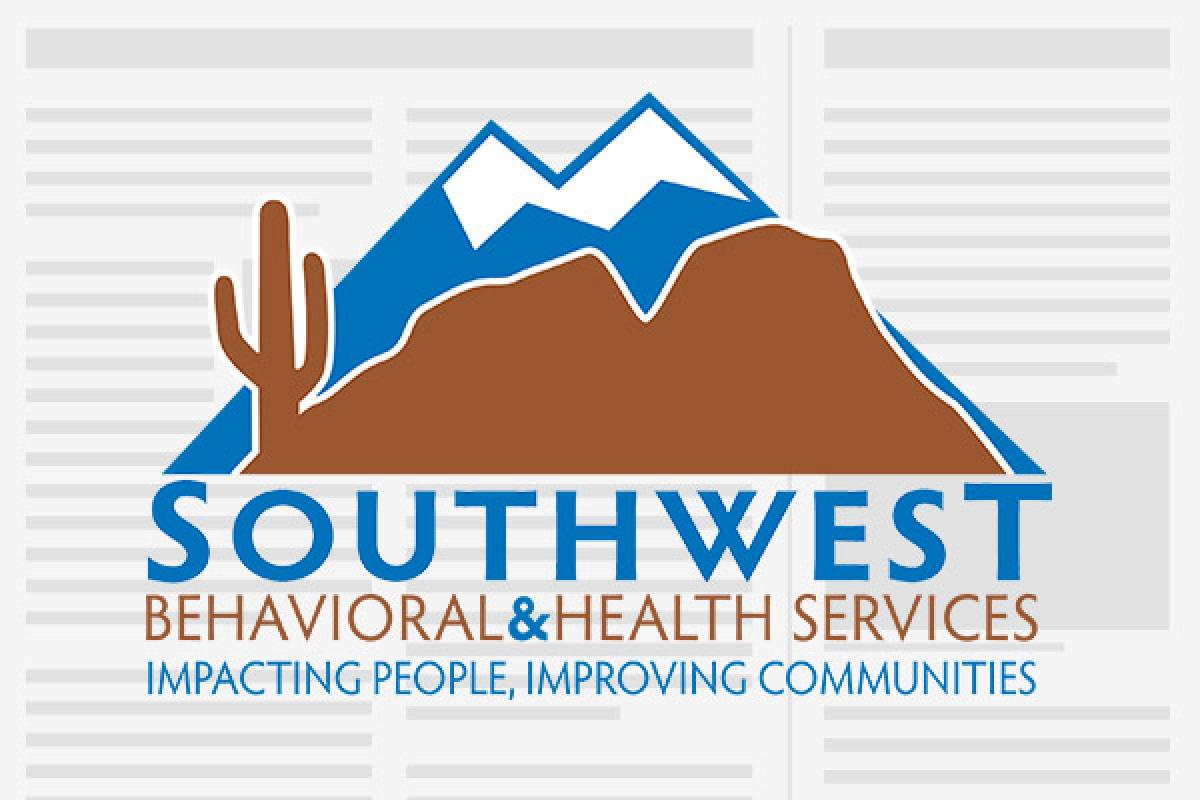
Getting your kids ready for the new school year should be routine as making breakfast in the morning. Along with the eggs and toast, don’t forget to prepare them with the skills to make safe, smart, and informed decisions. These skills are essential for them to have a positive and productive school year.
The pressure to do well and fit in at school can be stressful for students of any age, especially for those who are starting at a new school. As a parent, giving support, guidance, and knowledge will help build self-confidence and the coping skills necessary to manage school year stress and pressures.
Here are several tips to help start the conversation with your teen or college bound students:
Teens:
· Learn how to use the Refuse, Explain, Avoid, and Leave strategies to help your teen make good decisions about substance use
· Make sleep a priority! According to the National Sleep Foundation lack of sleep can “limit your ability to learn, listen, concentrate, and problem solve”
· As your teen utilizes social media, monitor and discuss proper online behaviors and improper conduct
· Establish clear expectations with your teens. Make sure to consistently use agreed upon consequences when expectations are not met
College Bound:
· Talk about drug and alcohol facts, family history of use, reasons not to drink, ways to avoid drinking in difficult situations, and using campus resources if he/she or a friend is abusing drugs or alcohol
· Discuss getting adequate sleep. Proper amounts of sleep helps restore energy, improves learning and memory, and can decrease stress levels as well as blood pressure
· Social media can be a significant source of stress. Encourage your kids not to say anything that will hurt others or affect their future. Remember “Friends-only” post do not always remain private
· Before your child goes off to college, discuss how often you will talk and when your child should ask for help. Also, help your child make an emergency plan to get out of situations they don’t want to be in
For more tips on back to school safety, please visit the Partnership for Drug Free Kids.













